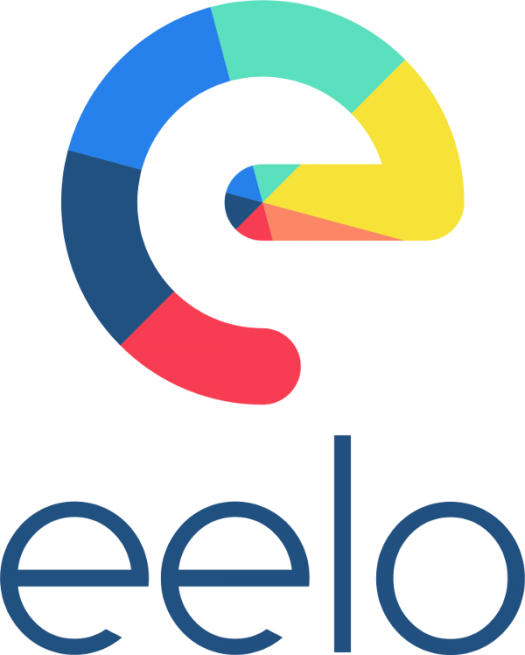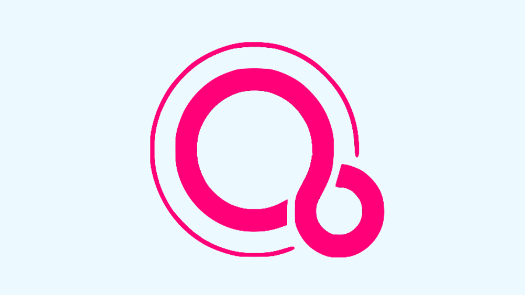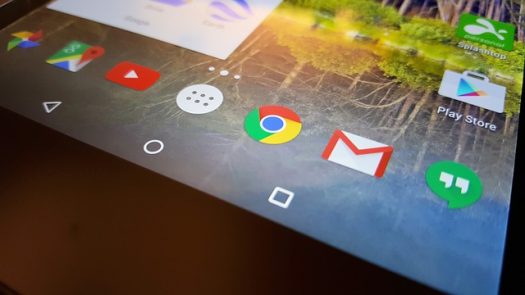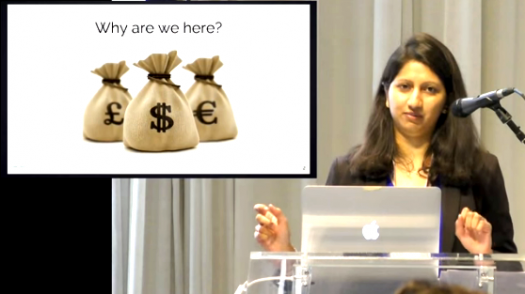Vivaldi's 5.0 release might be seen as the release of two browsers -- one finely tuned for the desktop, and one designed for a wide range of Android devices.
Posts published in “Mobile”
The founder of the privacy respecting version of Android, /e/, says the time is right for phone makers to adopt an operating system that isn't dependent on a single company.
With just a little imagination, you could easily make yourself a pretty cool mobile app using Open Data Kit.
The Screening Room
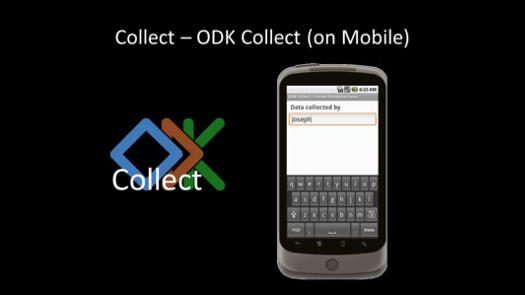
Open Data Kit is a free and open source set of tools which help organizations author, field, and manage mobile data collection solutions. The flexibility that open source offers means that the use cases for these tools are very broad. Check this introductory video about ODK tools which explains a rural medicine use case.
For the past 10 years, Phil has been working at a public library in the Washington D.C.-area, helping youth and adults use the 28 public Linux stations the library offers seven days a week. He also writes for MAKE magazine, Opensource.com and TechSoup Libraries. Suggest videos by contacting Phil on Twitter or at pshapiro@his.com.
There are three basic models for monetizing digital goods on Google Play — freemium, paid apps and advertising supported using Google’s AdMob service. The Video…
Many free and open source projects put power into our hands that once was reserved for elite players with deep pockets. A great example is the Moodle mobile app, which could be a big game changer for all sorts of small organizations.
The Video Screening Room
Moodle is a very popular free and open source learning management system, like Blackboard, used extensively around the world. Back in 2004, a very smart friend of mine, Gina Russell Stevens, explained to me that Moodle is so useful it could be used for many purposes beyond education. Her comment stuck with me. When I noticed that Moodle now has a free mobile app available for Android and iOS, it occurred to me that this app could be customized for many civic communication purposes.
For the past 10 years, Phil has been working at a public library in the Washington D.C.-area, helping youth and adults use the 28 public Linux stations the library offers seven days a week. He also writes for MAKE magazine, Opensource.com and TechSoup Libraries. Suggest videos by contacting Phil on Twitter or at pshapiro@his.com.
If FOSS is to have a future, we must embrace both mobile and the Chromebook model and develop a distro that’s equally at home on a phone, a low resource cloud based computer and on a traditional PC.
Op-ed
When Linus Torvalds started work on Linux, his purpose wasn’t to reinvent the operating system. Just the opposite. His purpose was to build an operating system that was a lot like the already existing Unix. In other words, he embraced what was already being used.
 As development continued, refinements were naturally added that didn’t exist in other operating systems, many of which eventually ended up in other *nixes and even Windows, just as many new additions to Unix also ended up in the Linux kernel. But the original purpose was simply to build on what had gone before, not to create something radically different.
As development continued, refinements were naturally added that didn’t exist in other operating systems, many of which eventually ended up in other *nixes and even Windows, just as many new additions to Unix also ended up in the Linux kernel. But the original purpose was simply to build on what had gone before, not to create something radically different.
Christine Hall has been a journalist since 1971. In 2001, she began writing a weekly consumer computer column and started covering Linux and FOSS in 2002 after making the switch to GNU/Linux. Follow her on Twitter: @BrideOfLinux



